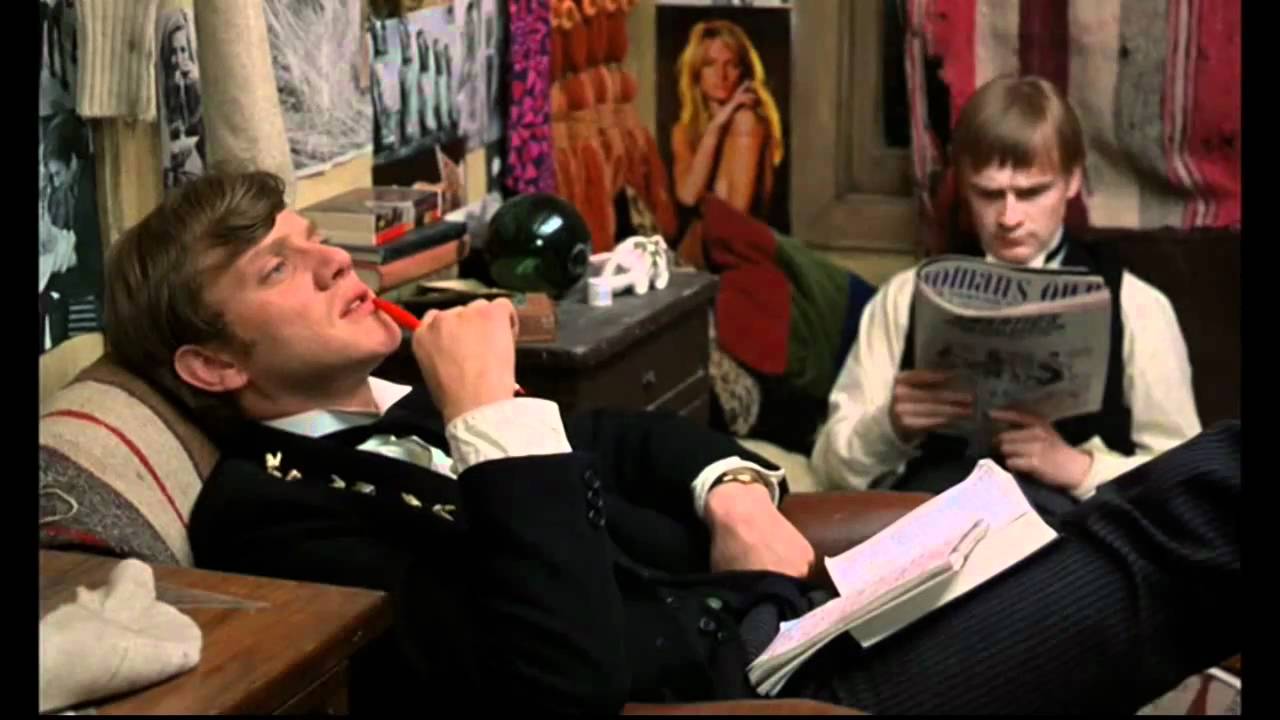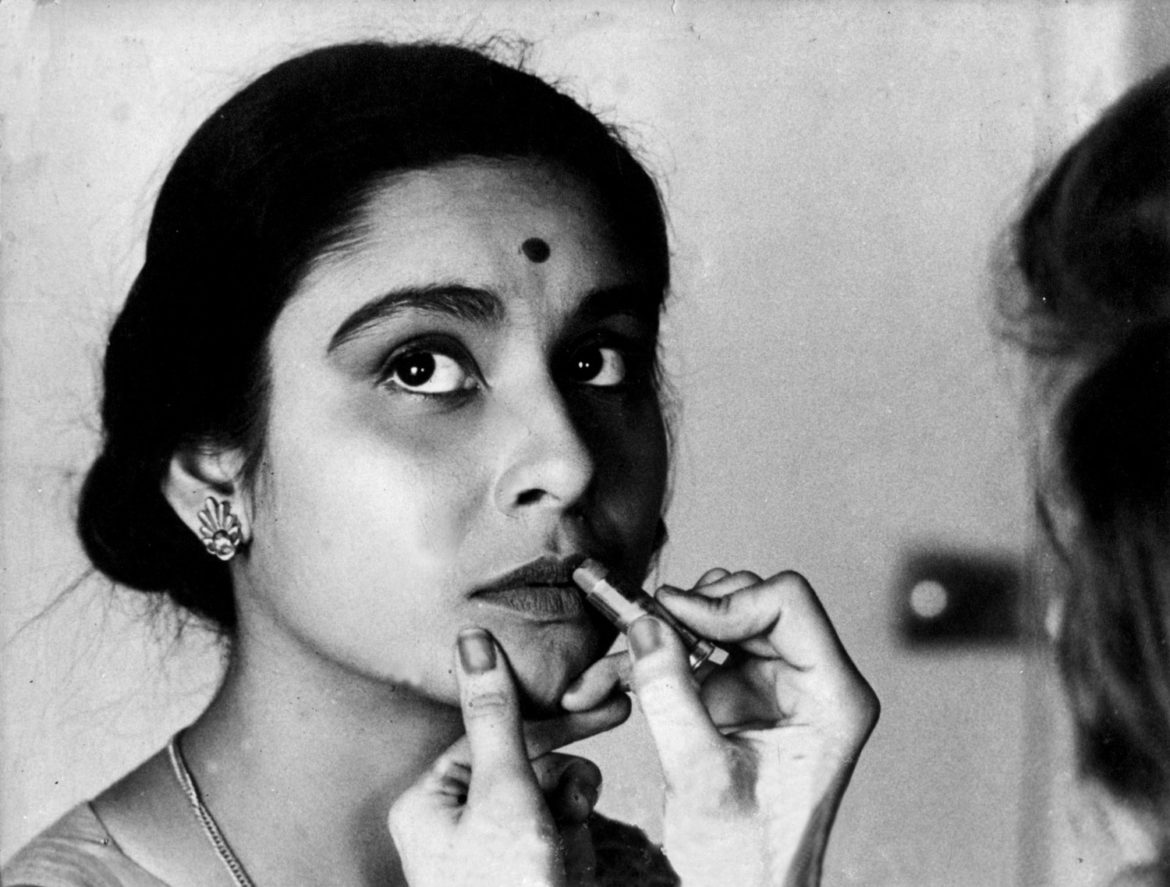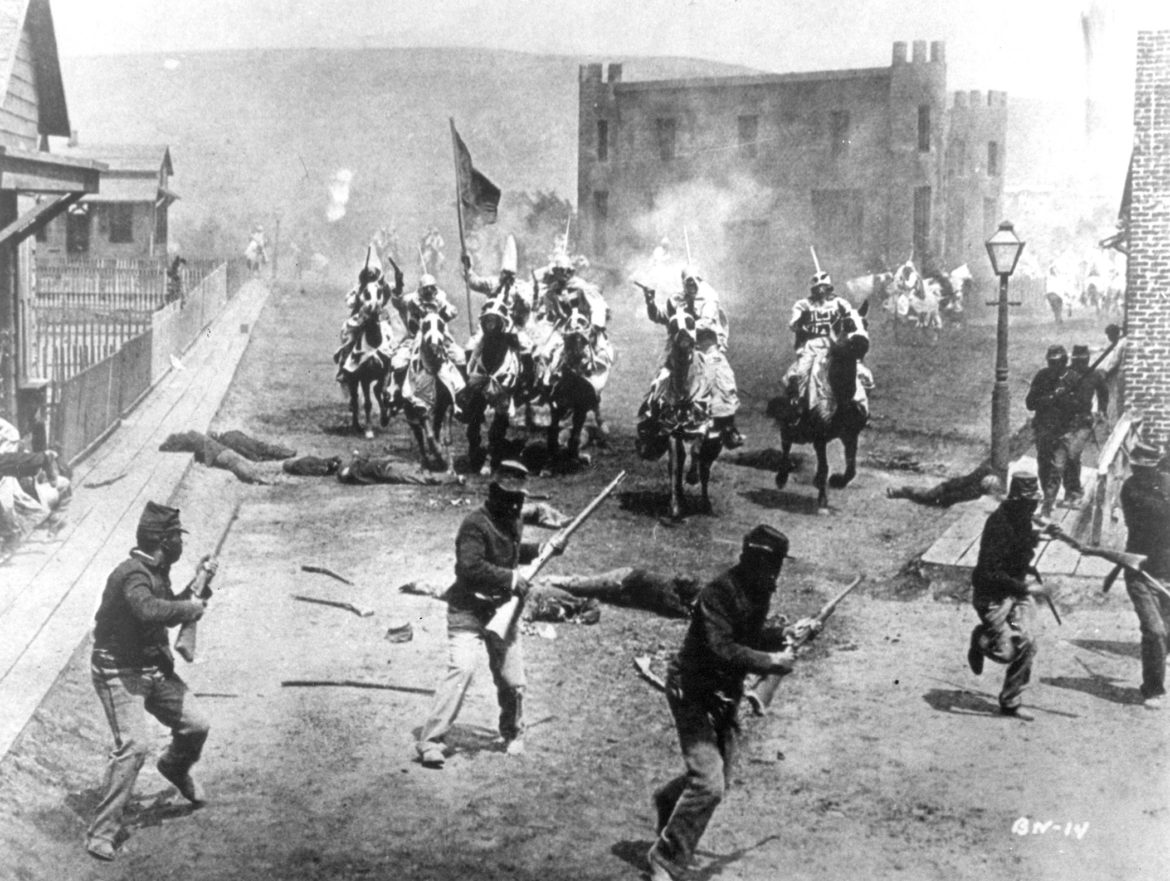Amid all its other signifiers, then and now, 1968 was about youth – its dangerous and liberatory possibilities. Two years earlier, Godard had cheekily announced the arrival of “the children of Marx and Coca-Cola,” but ’68 was their decidedly anarchic coming out party, from Nanterres to Columbia University to Mexico City to the Red Square.
Francois Truffaut
With the 50th anniversary of May ’68 – and the famed “events” thereof – approaching, it was a good time to come across the vital documentary Henri Langlois: Phantom of the Cinematheque at my local library. Jacques Richard‘s seven-years-in-the-making account of the father of film preservation only briefly touches on those events, and has its eyes too fixed to the screen to contextualize them rigorously in the larger social upheaval of that year, but it’s scope feels right all the same.
The Big City, Indian master Satyajit Ray’s deeply feminist and empathetic 1963 depiction of a changing Calcutta, is nearly perfect in every way.
With nuanced performances, especially from the luminous Madhabi Mukherjee as Arati Mazumder and Anil Chatterjee as her wry, conflicted husband Subrata (Bhambal), and an effortless sense of place, custom, and the economic pressures that challenge tradition, the film is an utterly absorbing experience, by turns uplifting and heart-rending.
Part of an ongoing effort to watch each of the films in Roger Ebert’s Great Movies series. The introduction and full list can be found here.
“The past is never dead. It’s not even past.” – William Faulkner
It’s hard to figure out how to approach The Birth of a Nation, released 100 years ago this month.
It’s awards season, and there’s no shortage of commentary. I might chime in myself in a few weeks. (Spoilers: Boyhood, Ida, The Immigrant, Under The Skin, and Noah would win all the things if it were up to me, and Uma Thurman would get a best Supporting Actress nod for Nymphomaniac Vol 1 — it is not, it turns out, up to me.)





